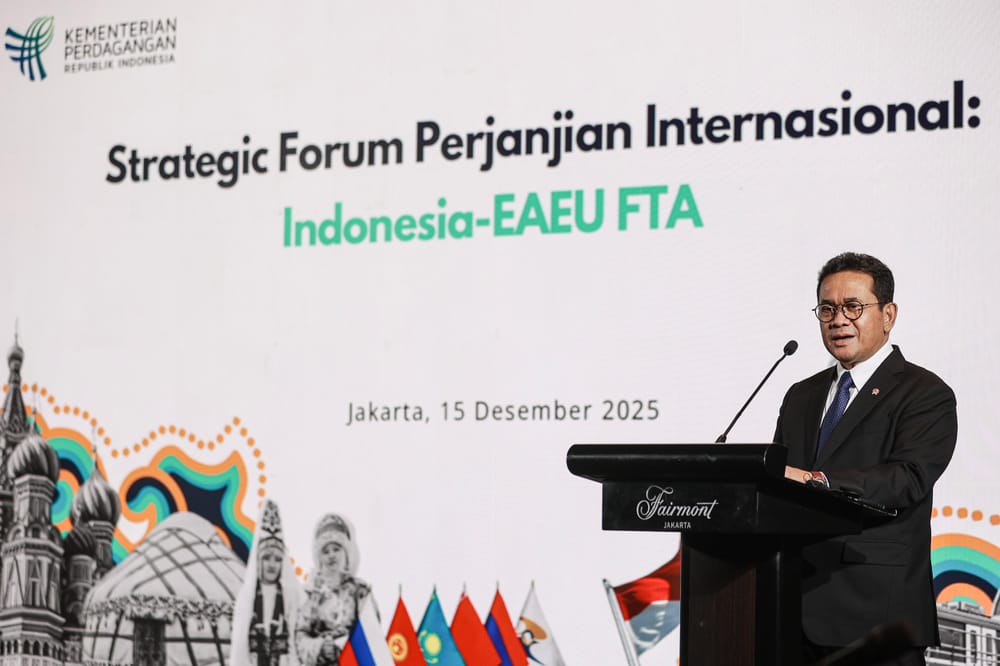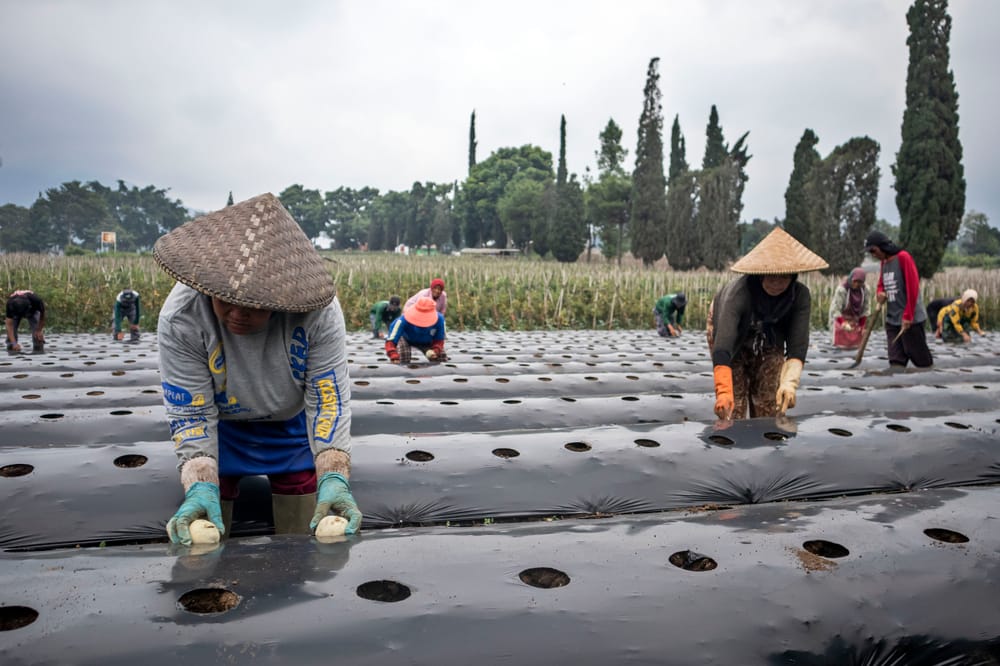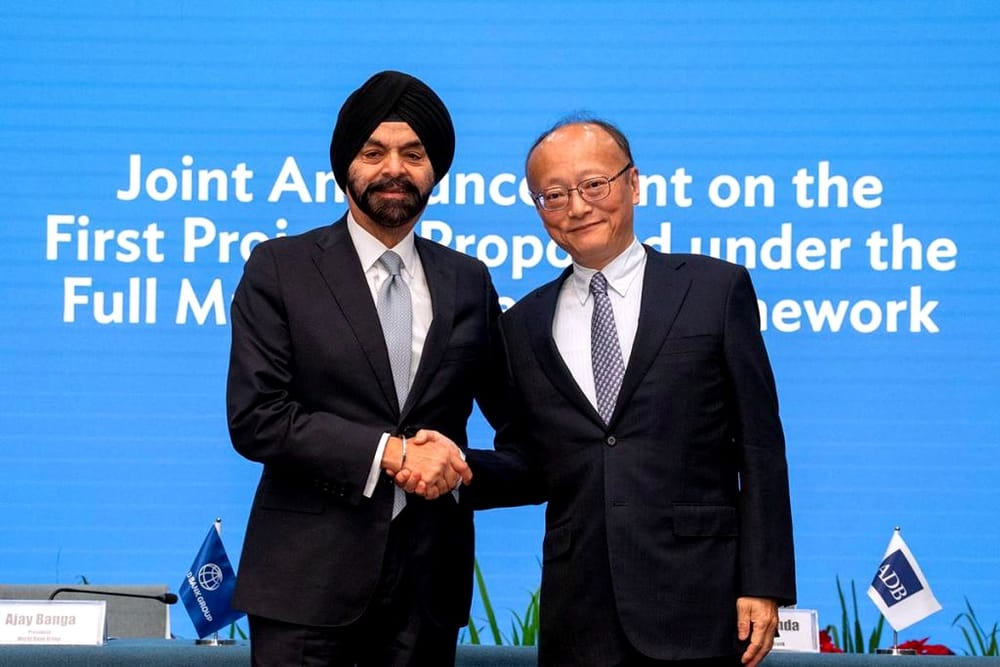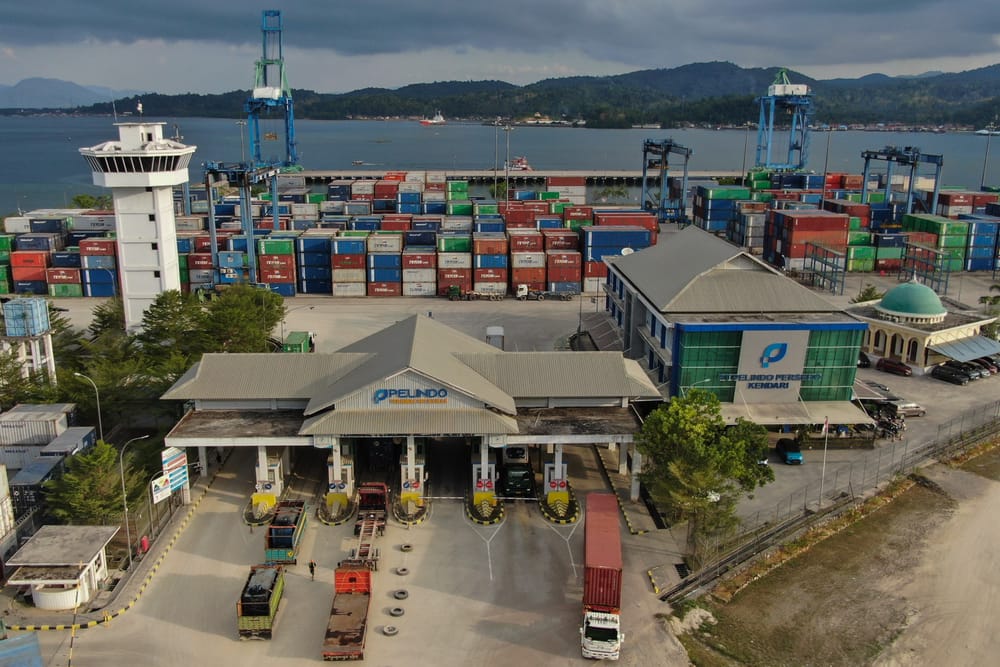Economist Paul Krugman, in his website column, strongly criticized US President Donald Trump's tariff policy.
He can't get over the fact that earlier this week, the Trump administration proudly announced a major trade deal with Japan. "Now, the responses are starting to come in-and it's at 0% on Rotten Tomatoes," he said.
According to Krugman, this assessment is not just the opinion of economists, but the reaction of the manufacturing sector (both business owners and laborers) that should benefit from Trump's tariffs.
Why so negative? Krugman invites us to look at the overall state of Trump's trade war.
Under President Trump, the US has turned drastically protectionist. In a matter of months, a country that once had very low trade barriers-thanks to decades of international negotiations-has imposed tariffs as high as those of the Smoot-Hawley era (the 1930 Import Tariff Increase Act, which worsened the Great Depression).
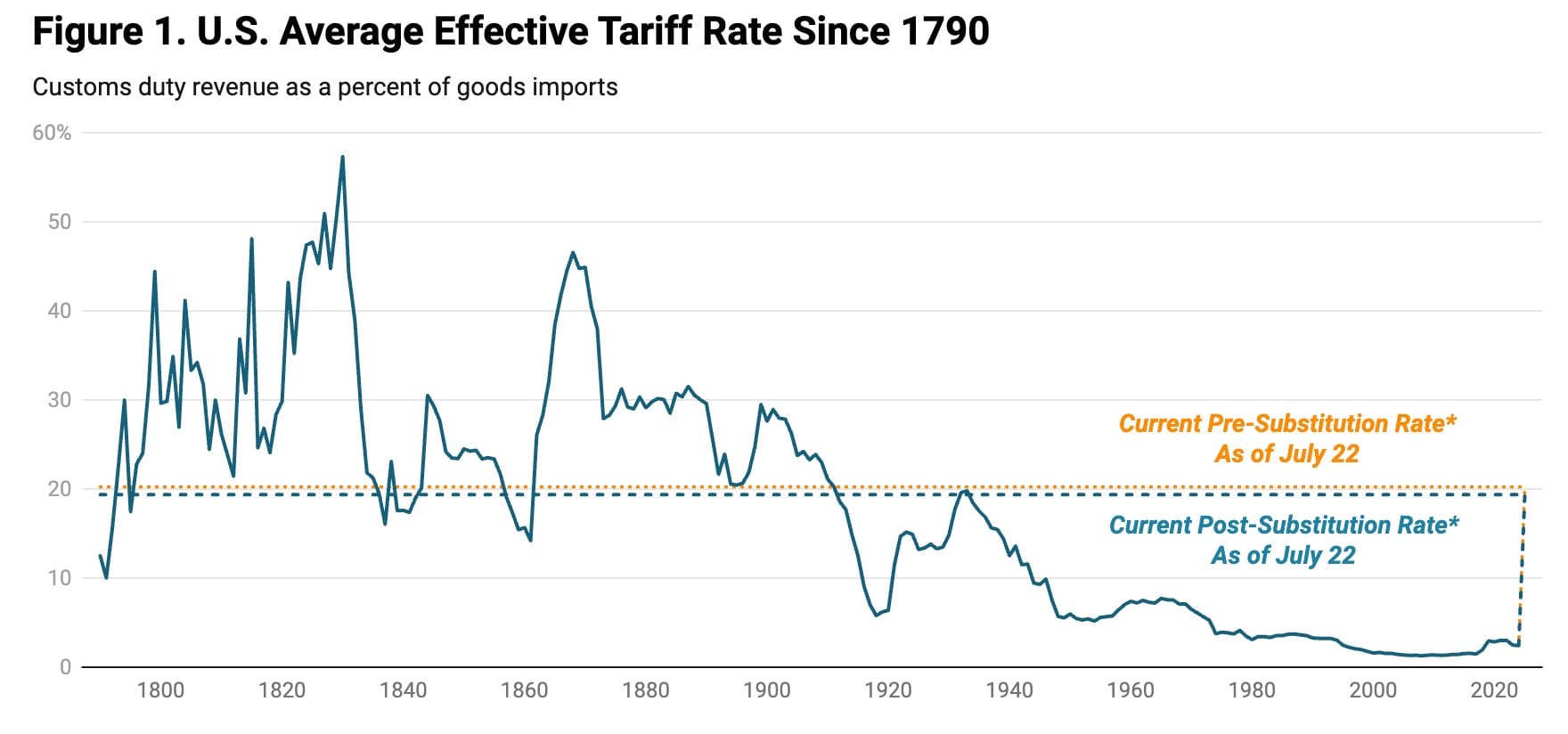
Many businesses hope that these high tariffs are only temporary and will come down once agreements with other countries are reached.
But the result: Japan was slapped with a 15% tariff, whereas previously it was only 1.6% (Before Trump/BT). Reportedly, the European Union may follow suit. So, according to Krugman, a 15% tariff on most imports (even higher for some products) seems to be the new normal.
Trump says foreigners will pay these tariffs, and his supporters cite consumer prices that haven't risen as evidence. But they're looking at the wrong metrics. What you should be looking at is the price of imports-the pricethe U.S. pays to foreign producers-as per data from the Bureau of Labor Statistics.
"If Trump is right, import prices should have fallen dramatically to offset the tariff increases. In reality? Not happening," Krugman said.
Then who pays for the increase in import tariffs?
"So far, the main burden has fallen on US businesses facing significant cost increases," Krugman said.
The Institute for Supply Management survey showed the highest manufacturing cost inflation since 2022. So far, businesses have held back on raising prices to consumers, hoping tariffs would come down. But once they realized tariffs for Japan and Europe remained high after the deal, consumer prices inevitably soared.
Why are US manufacturers angry? "Because the combination of Trump's tariffs hurts them," Krugman said.
He cited the example of automobiles. Trump imposed a 25% tariff on all car imports (including from Canada and Mexico) on the grounds of national security. In fact, Canadian and Mexican cars contain many US-made components. While Japanese cars do not.
But now, Japanese cars are only subject to a 15% tariff. This is lower than cars from Canada and Mexico, which create US jobs.
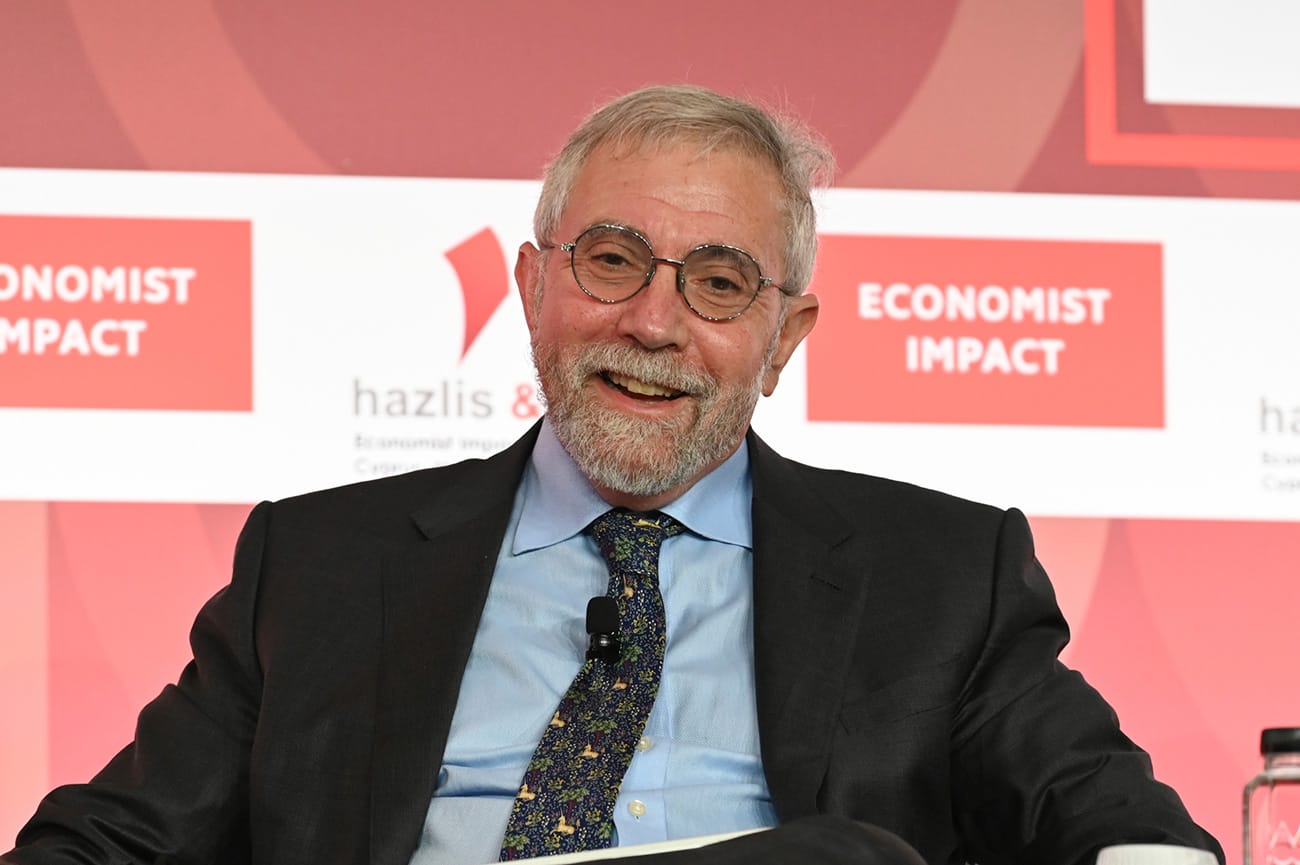
Not to mention the 50% tariffs on steel and aluminum (raw materials for cars) that do not apply to Japanese manufacturers. The result? "This deal actually benefits Japan," Krugman said.
Krugman also highlighted the negotiation team with important trading partners, which should involve a team of experts. "In fact, this is like amateur work," he accused.
He showed photographic evidence showing Trump holding a card claiming $400 billion in Japanese investment, which was crossed out by hand and replaced with $500 billion. Then, it became $550 billion in the official announcement.
"Clearly, the Trump team does not understand what they are doing. They rushed into a deal without realizing the tariffs were hurting US manufacturing," Krugman said.
Krugman suspects that Trump and his team want to quickly announce "success" before the August 1 deadline. "They are in such a hurry that they don't pay attention to details," he said.
"They were in such a hurry that they didn't pay attention to details," Krugman said.
Krugman suspects that they may also want to divert attention from the Jeffrey Epstein case.
"Now that other countries have seen the concessions Japan is getting, don't be surprised if there are more 'stupid deals' like this," Krugman concluded.


